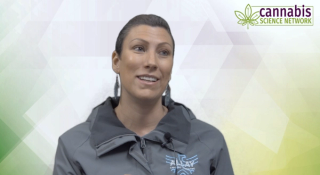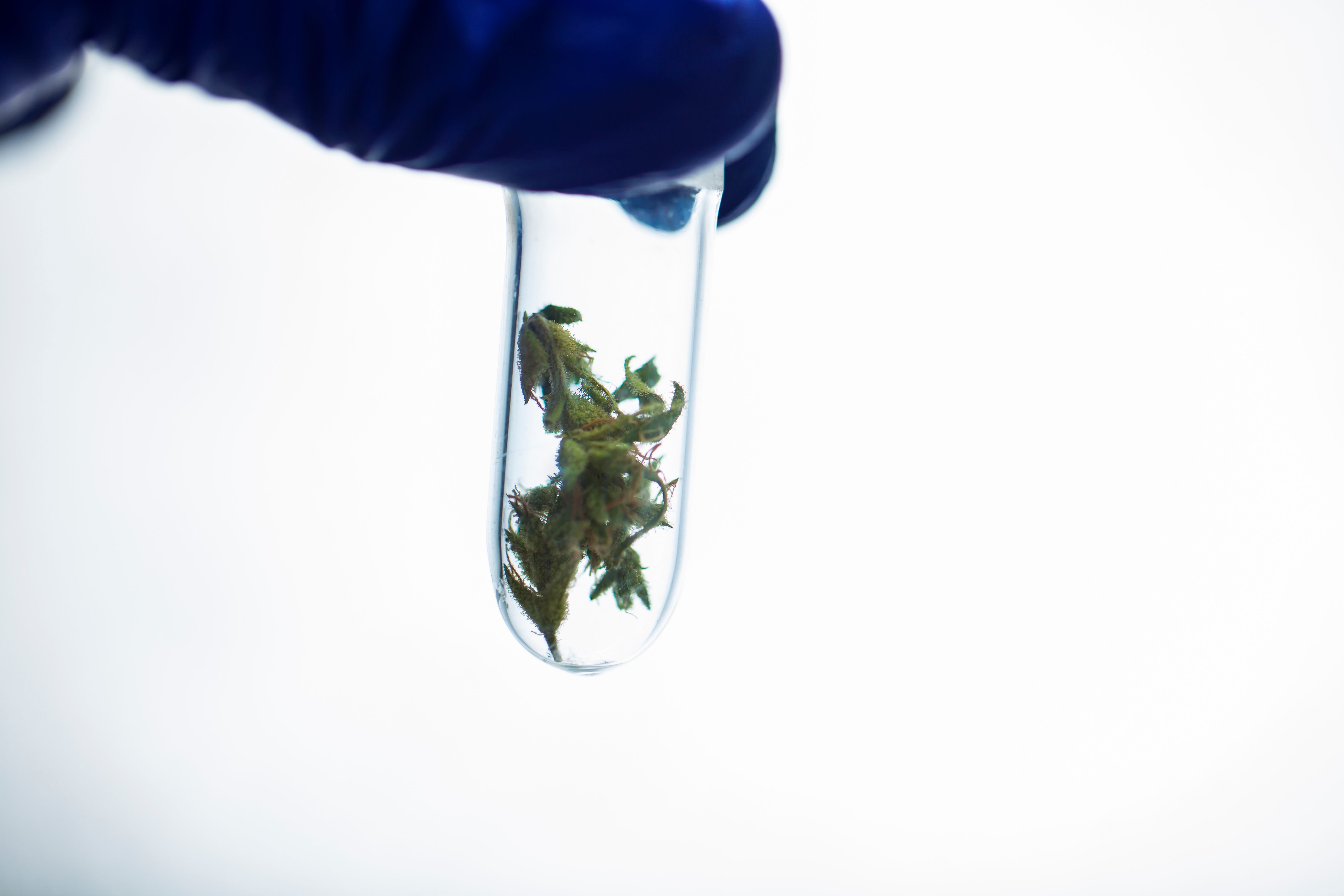
Quality Control and Quality Assurance
Latest News
Latest Videos
More News

In recent years, the cannabis industry has experienced rapid growth and legalization across various regions. With this surge in popularity comes a greater need for transparency and accountability throughout the supply chain. Traceability in cannabis facilities is not just a buzzword; it's a critical aspect that can make or break the industry's reputation and ensure consumer safety. In this blog, we'll explore the importance of traceability in cannabis facilities and why it's crucial for the industry's long-term success.

A look at why understanding the conditions in which microorganisms thrive, grow, and multiply is important in both controlling microbial growth and optimizing for microbial testing.

As the industry continues to scale, more cannabis plants are being cultivated and processed than ever before to meet corresponding product demand, which in turn highlights the paramount role that GxP plays in ensuring the quality, safety, and efficacy of cannabis products.

This column reviews a study published by cannabis industry design and construction professionals and describes the impact of energy regulations affecting heating, ventilation, and air conditioning (HVAC) system selection in cannabis production facilities.

This article provides insights into the opportunities involving the genetic modification of cannabis.

One important element of creating the ideal growing environment for cannabis is often overlooked: air quality. Here, we look at why this is important as well as best practices for mitigating poor air quality.

This column expresses how cannabis facilities that invest in RCx projects can enhance equipment reliability and worker safety, improve conditions for plant growth and development, increase canopy yields, and reduce maintenance costs.

In this installment, we finish our discussion of energy and elements used in atomic spectroscopy by examining an important analytical technique: inductively coupled plasma-mass spectroscopy (ICP-MS).

This tutorial article outlines the key considerations that must be put in place when setting up a cannabis extraction facility.

There goes another year in the books. This review of 2022’s extraction greatest hits takes a look at discoveries, advancements in technology, and other highlights from the year. This article also lays out some predictions for 2023, which is set up to be an interesting year with less access to funding that could slow the development of new technology or innovation in the extraction space.

This article addresses the US Department of Agriculture’s hemp testing rules and what laboratories should know regarding hemp testing. The author provides a short tutorial for laboratories and includes a section how laboratory information management systems (LIMS) can help.

This study, which evaluated the potential of a well-designed unidirectional aseptic processing approach to both hydrocarbon and supercritical carbon dioxide extract manufacturing, suggests that the extraction process is capable of deactivating or removing the tested microbial contaminants when highly contaminated Cannabis spp. Inflorescence is used as feed material.

Experts within the global cannabis and hemp industries discuss the importance of testing and regulations and sustainable measures that can reduce the sector’s environmental impact.

In this article, regulatory requirements are explored as they are meant to create confidence that cannabis and cannabis-infused products are safe to use.

Cannabis Science Conference West, taking place May 18-20 in Long Beach, California, is quickly approaching. The two-day agenda is packed with exciting speakers from around the country. In this preview, we hear from Dr. Tony Francis, Principal, SAW Environmental. Dr. Francis is also an IAS instructor and assessor and a fully qualified National Environmental Laboratories Accreditation Conference (NELAC) assessor in organic and inorganic chemistry, microbiology, cryptosporidium, radiochemistry, solids, aqueous, tissue, and air. Here he shares some insights into his talk, “Importance of Quality Control in Cannabis Laboratories,” scheduled for Friday, May 20 from 9:30 – 10:00 am. We hope to see you there!

Martha Hernández, a scientist at CloudLIMS, discusses the challenges of working in the cannabis industry, navigating quality assurance (QA) and quality control (QC) expectations, and her upcoming lectures at the upcoming Cannabis Science Conference West.

In this study, Tween 20 amounts were increased in 1% increments while monitoring two different factors.

This article outlines why multiple testing modes are important, what to look for in third party test providers, and how a cultivator can evaluate these potential providers both at the outset and in an ongoing manner for accuracy and reliability.

Why the USDA’s requirements on what part of the plant to sample and how to obtain samples from the field are rife with problems and how to solve them.

Mislabeled cannabis medicines are an on-going problem; here we discuss appropriate technologies for cannabis dispensaries to do their own testing.

A review of the general state standard quality control checkpoints and how companies can go above and beyond by applying federal requirements to their businesses.

This work describes an inductively coupled plasma-mass spectrometry method for the analysis of various heavy metals in cannabis sativa plant material.

Qualitative Versus Quantitative Hemp Testing: The Limitations of Current Law Enforcement Field Tests
This article focuses on the technology being used in new rapid field tests that combine one-time-use color testing with a colorimetric panel that provides an identification and semiquantitation of THC and THCA.

This article intends to clarify the main goals of GACP and GMP guidelines, identify differences between the two, and also explore why it is important, when operating within the medicinal cannabis sector, that these two guidelines are complied with and their standards achieved.

Keystone Labs is an accredited testing facility with a good manufacturing practice (GMP) establishment license. Jodi McDonald, president and founder of Keystone Labs, based in Edmonton Alberta, Canada discusses their role in the industry.




